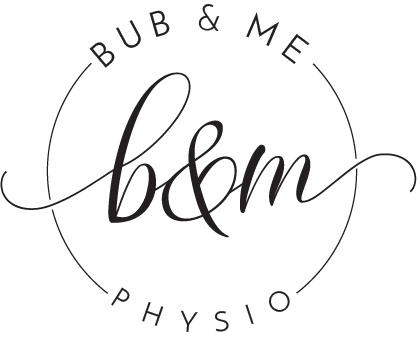Setting a Bowel Routine
The bowel is a complex creature of habit that likes routine and consistency. Part of re-educating the bowel involves setting a routine to encourage regular emptying.
The bowel has periods of increased muscular activity when the urge to empty is more likely to occur. This is due to the ‘gastrocolic reflex’ and most often occurs in the morning after breakfast but may also occur in the evening.
Steps to take in setting a routine
Have a hot drink when you wake up.
Eat breakfast. Don’t skip it.
Move around for 20-30 minutes.
Respond to the urge within 5-10 minutes.
Adopt an optimal toileting position as shown in Figure 1 and take
time to sit on the toilet. Practice the exercises of ‘brace and
bulge’.Always answer to ‘the call’ to empty your bowels within 5-10 minutes. Do not delay this as the longer you wait, the harder your bowel motion will become and the more difficult it will be to expel. The best time of the day to go is in the morning after breakfast, once your bowels have ‘woken up’.
If you don’t empty your bowels after 5-10minutes, leave the
toilet. Try again after your next meal or if you feel the desire to go.If you continue to follow the above routine, the bowel will gradually learn to regulate itself.
How often should I be emptying my bowels? Figure 1- Optimal Toileting Position.
Normal frequency is between 3 times per day to 3 times per week!
General tips
Try to empty your bowels at the same time of the day and give yourself enough time and privacy to be able to sit on the toilet, making it as easy and comfortable as possible.
Eat at regular times as this will keep your bowel moving and working.
Ensure that you include enough fibre in your diet. Fibre will help to maintain your stool consistency. 30g of fibre is recommended per day.
Choose foods that do not cause you wind or bloating. If you are having dietary issues, it is important to consult a dietician.
Physical activity helps to stimulate your bowels so try to keep a regular exercise routine.
Drink lots of fluid throughout the day in order to reduce the likelihood of constipation occurring. Approximately 2L is recommended per day. You may judge this by the colour of your urine, which should be clear with a tinge of yellow if you are hydrated. Preferably, most of your fluid intake should be caffeine-free.
Check with your doctor or pharmacist if any of your medications or supplements may be causing constipation or bowel irritation. If you are finding that you are often constipated, see your GP, pharmacist or women’s health physiotherapist.
Ready to learn more about your pregnancy?
Get a copy of our e-book for information, strategies and exercises to help:
- Understand your changing body, reducing risk of injury or complications
- Prepare your pelvic floor for labour and birth
- Minimise abdominal separation
- Give you confidence to keep moving and stay strong





